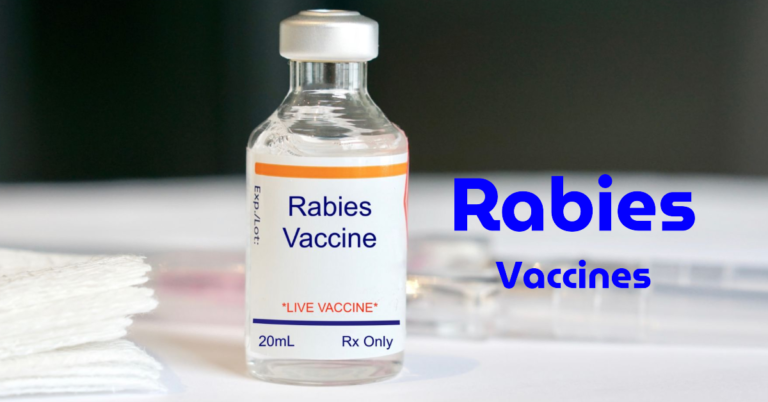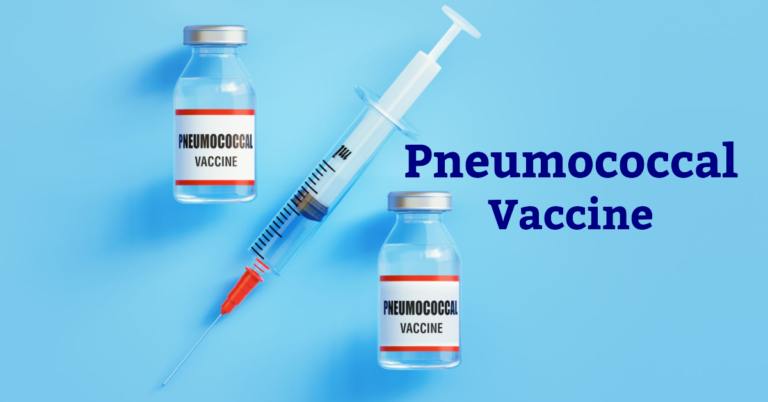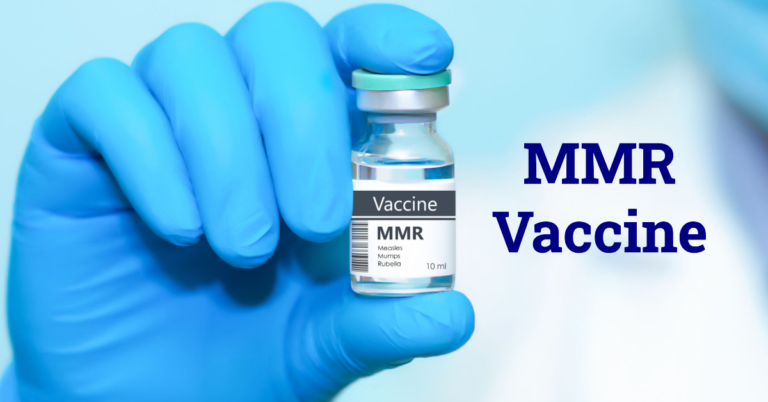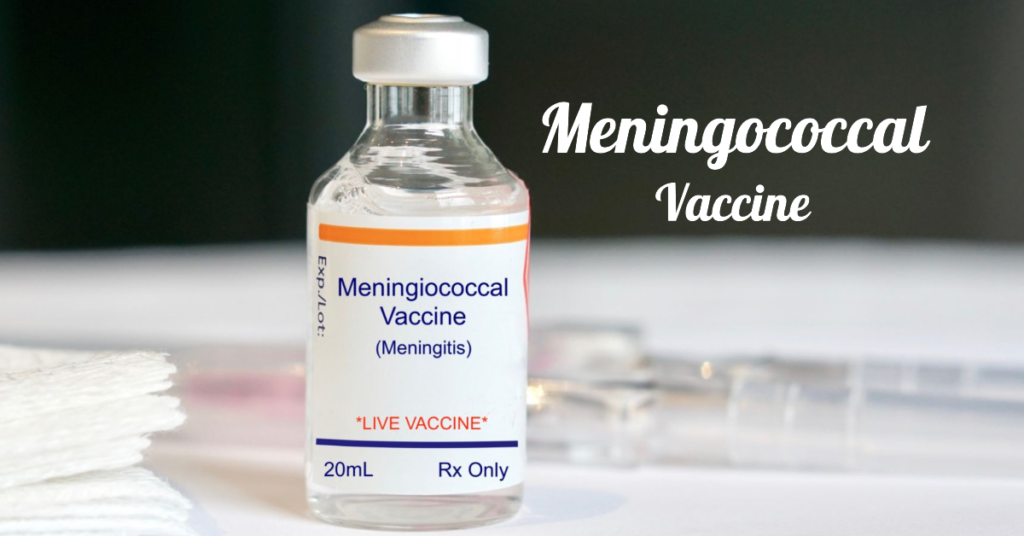
Every parent wants to keep their teen safe, especially when it comes to preventing serious illnesses. Meningitis, a potentially life-threatening infection, poses a heightened risk to teens who spend time in communal settings like schools, sports teams, and summer camps. To help protect against this risk, the Meningococcal Vaccine for Teens acts as a crucial defense, giving teens and parents peace of mind.
Imagine Sarah, a 16-year-old high school junior, who spent weeks in the hospital recovering from bacterial meningitis—a story that highlights the importance of prevention. Understanding the meningococcal vaccine and its benefits empowers parents and teens to make informed health decisions and avoid such risks.
What is Meningitis, and Why Are Teens at Risk?
Meningitis is a dangerous infection that inflames the protective membranes around the brain and spinal cord. Symptoms include severe headache, fever, stiff neck, nausea, and light sensitivity. Teens, especially those in close-contact environments, are at higher risk of exposure.
Teens frequently interact in shared spaces, increasing their risk of infection. According to the CDC, communal settings significantly heighten the spread of meningitis, which is why the Meningococcal Vaccine for Teens is so crucial.

Understanding the Meningococcal Vaccine for Teens
The Meningococcal Vaccine for Teens provides targeted protection against bacterial strains that commonly cause meningitis. There are two primary types of meningococcal vaccines available:
- MenACWY Vaccine: Covers four strains (A, C, W, and Y) and is recommended for preteens and teens.
- MenB Vaccine: Targets the B strain, which is also responsible for outbreaks among teens and young adults.
These vaccines work by training the immune system to recognize and combat meningococcal bacteria, reducing the risk of infection and its complications.
Why is the Vaccine Important for Teens?
Teens, especially those aged 11-18, are most vulnerable to meningitis because of their increased social interactions and communal living. The Meningococcal Vaccine for Teens reduces the risk of meningitis, particularly in high-risk environments where close contact facilitates the spread of bacteria.
According to CDC data, the vaccine is effective in significantly lowering the risk of severe illness, hospitalization, and potential long-term effects of meningitis, such as hearing loss or neurological damage.
Types of Meningococcal Vaccines
There are two main types of vaccines for meningococcal disease:
- MenACWY Vaccine: Recommended for preteens around age 11, with a booster dose at 16 to maintain protection during the high-risk years.
- MenB Vaccine: Recommended for teens aged 16-23, particularly those at increased risk due to certain medical conditions or exposure.
| Vaccine Type | Strains Covered | Recommended Ages | Booster Needed? |
|---|---|---|---|
| MenACWY | A, C, W, Y | 11-12, 16 | Yes |
| MenB | B | 16-23 | No |
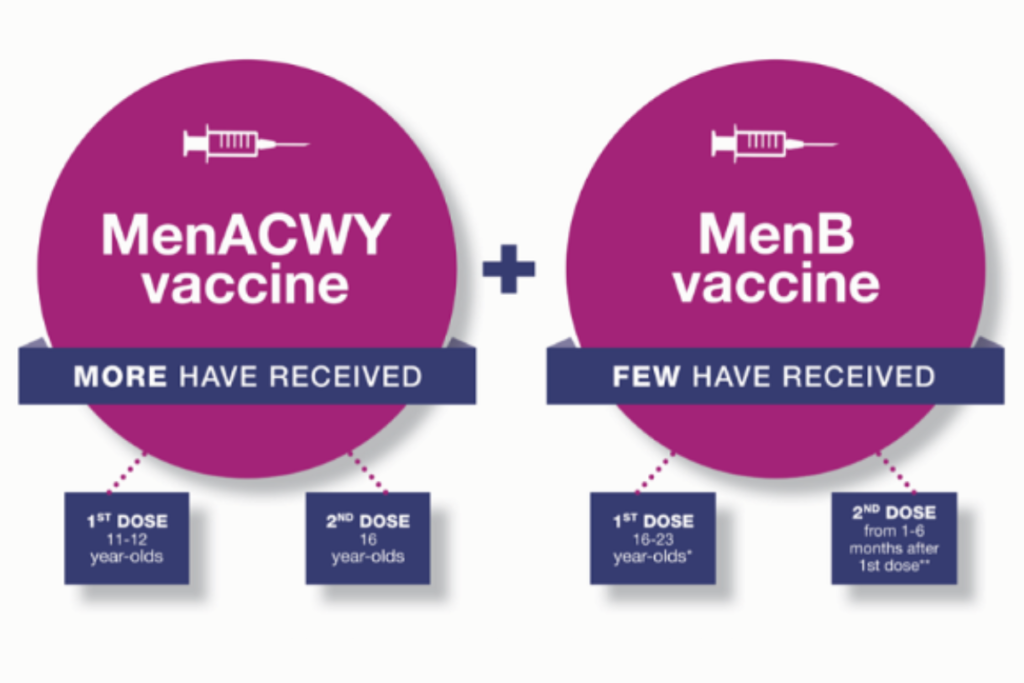
Real-Life Impact: How Vaccination Protects Teens
Consider Alex, a college-bound teen who received the Meningococcal Vaccine as part of his health checkup. A year later, when an outbreak occurred at his dorm, Alex remained healthy, while several unvaccinated students faced hospitalization. Vaccination stories like Alex’s highlight how the Meningococcal Vaccine for Teens can offer vital protection, preventing illness and ensuring teens stay safe in communal settings.
Vaccinated teens also contribute to “herd immunity,” protecting others who might be unable to receive the vaccine due to health reasons.
Common Concerns and FAQs
Parents and teens often have questions about the Meningococcal Vaccine. Here are some common concerns:
- Is the vaccine safe?
Yes, the vaccine is safe, with side effects generally limited to soreness at the injection site, mild fever, or fatigue. Serious side effects are rare. - How effective is the vaccine?
The vaccine is highly effective, significantly reducing the risk of contracting meningitis and its complications. - When should my teen get vaccinated?
The MenACWY vaccine is recommended at age 11-12 with a booster at 16, while the MenB vaccine is often given between 16-23 based on individual risk factors.
For additional information, refer to resources from the CDC or consult with a healthcare provider.
Read more
How to Get the Meningococcal Vaccine
Teens can receive the Meningococcal Vaccine at their doctor’s office, health clinics, and many pharmacies like Walgreens and CVS. Most insurance plans cover the vaccine, and programs like the Vaccines for Children (VFC) program offer free or reduced-cost options for eligible families. Scheduling the vaccine before high-risk events like college move-ins or sports seasons is an effective way to ensure timely protection.
Additional Tips for Preventing Meningitis
In addition to vaccination, parents and teens can take several preventive steps to lower the risk of meningitis:
- Avoid sharing personal items (like water bottles or utensils).
- Practice good hygiene by washing hands regularly.
- Be aware of symptoms and seek prompt medical care if signs of meningitis appear.
By staying vigilant about hygiene and recognizing symptoms early, families can add another layer of protection.
The Bigger Picture: Protecting Health & Community
Vaccinating teens against meningitis has broader benefits for public health, helping to prevent potential outbreaks in schools, dormitories, and community spaces. When more people are vaccinated, it reduces the risk for everyone, particularly those who cannot get vaccinated due to medical reasons. Encourage friends and family to consider vaccination as well, contributing to a safer community.
In conclusion, the Meningococcal Vaccine for Teens is a powerful tool in protecting teens against the serious risks of meningitis. By vaccinating, parents can help ensure their teens remain healthy, active, and safe in communal environments. Consult with your healthcare provider to ensure your teen’s vaccinations are up-to-date, and take proactive steps to protect their health.
Schedule a vaccination appointment for your teen today, and talk to your healthcare provider to learn more about how the Meningococcal Vaccine can make a difference in their health and future.


